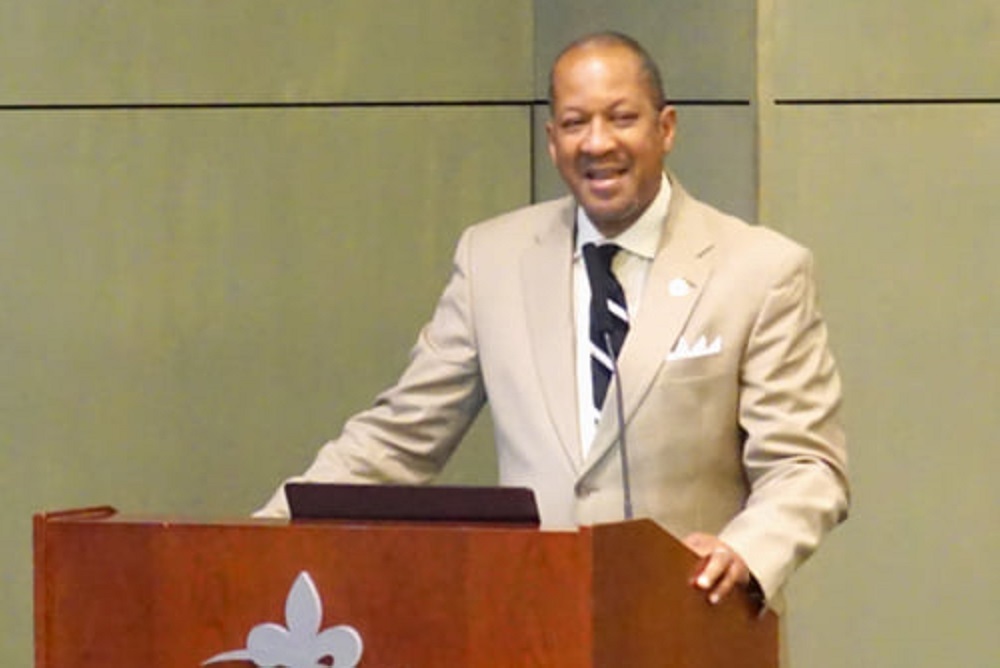A billion pounds of hazardous waste collected at a former fertilizer plant south of Baton Rouge will be cleaned up and threats to nearby wetlands reduced as a result of a settlement announced by state and federal officials.
The closed plant in Geismar, which is now owned by the Canadian firm Nutrien, had been manufacturing phosphate products for agriculture and industry since the 1960s, according to a statement released by the Louisiana Department of Environmental Quality (LDEQ), U.S. Environmental Protection Agency and the U.S. Justice Department.
Under the terms of the consent decree filed in federal court in the Middle District of Louisiana, Calgary-based Nutrien will pay a $1.5 million fine and also provide $84 million in financial securities over a 50-year monitoring period to protect the Mississippi River environment.
Nutrien said it is committed to working with Louisiana community members and reducing the environmental impacts of its operations as it strives to provide growers with ways to improve productivity and make agriculture operations more sustainable.
“We have long been working with the U.S. Environmental Protection Agency and Louisiana Department of Environmental Quality to resolve issues relative to legacy phosphate operations at the site in Geismar,” Richard Holder, the general manager at the Geismar facility, said in a statement emailed to the Louisiana Record. “Those operations were closed in December 2018. These settlements essentially document mitigation efforts that were initiated even before operations ceased.”
The company is now shifting its focus in Geismar to ensure that its operations function in an environmentally protective manner, according to Holder.
“These agreements allow us to focus on new projects like the potential construction at our Geismar site of the world’s largest clean-ammonia plant and to further reduce our environmental footprint at the site,” he said.
The consent decree announced last week grew out of alleged violations of the Resource Conservation and Recovery Act (RCRA) at the plant, according to the joint statement. Acidic wastes were illegally combined with wastewater and a solid material called phosphogypsum, which remains in large piles at the facility.
The liquid wastes will eventually be treated in a newly built water treatment plant, the EPA reported.
“This is a very important outcome as the facility is located in an area prone to hurricanes, and the financial assurance secured will protect taxpayers from paying future closure and cleanup costs,” an EPA acting assistant administrator, Larry Starfield, said in a prepared statement.
